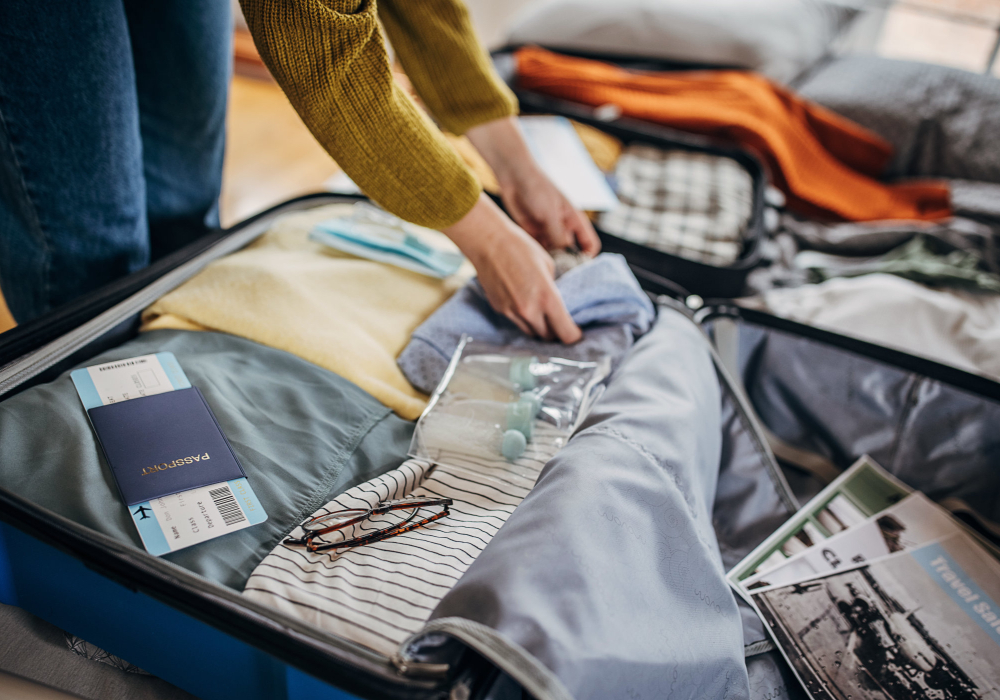(NC) There’s nothing worse than spending your hard-earned holiday sick in a hotel room. To make sure you can enjoy your trip – and avoid bringing something home that could hurt people, animals or the environment – follow these pro tips:
- Practice good hygiene. Washing your hands frequently, using hand sanitizer when you can’t wash your hands and avoiding touching your face are the easiest ways to avoid spreading germs and reduce your risk of getting sick.
- Get your vaccines early. Health experts recommend specific immunizations when visiting certain countries, so check to see what you need. Give yourself plenty of time to get all your doses before you leave, as some vaccination schedules take months to complete – including for hepatitis A and B, which are present in much of the world.
- Be cautious with what you eat. To avoid foodborne illnesses when travelling, be careful with street food, undercooked food and unclean water. Ensure your meals are cooked thoroughly and avoid food that has been sitting out. Wash produce, respect local customs and communicate allergies to staff to lower your risk of getting sick from contaminated food while abroad.
- Build in time for resting. It can be tempting to create a fully packed schedule to get the most out of your trip, but that can leave your body tired and vulnerable to catching a virus that’s circulating. Take breaks on busy days and make sure you get enough hours of sleep each night.
- Don’t pack restricted foods. Some goods are banned from Canada to protect us and our animals. Food products can carry diseases. This includes pork, which could be contaminated with the highly contagious African swine fever. While this pig disease doesn’t infect humans, it can spread to pigs in Canada and seriously harm farmers’ livelihoods. If you’re travelling, don’t pack any pork products.




Comments powered by CComment